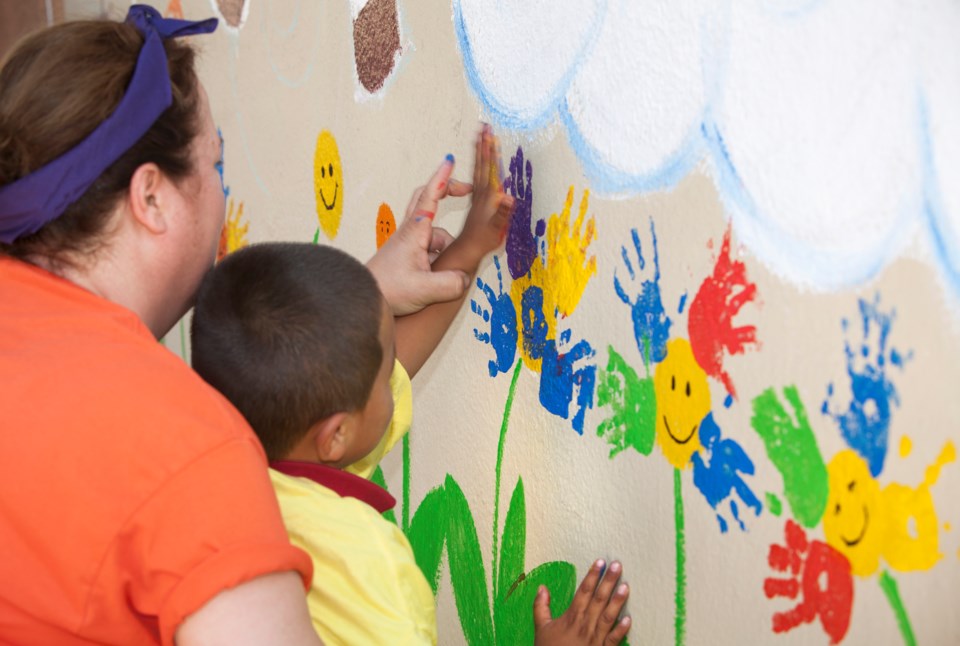While our feature this week celebrates early childhood educators, the truth is, by definition, these workers aren’t heroes.
The Canadian Oxford Dictionary defines a hero as “a person ... who is admired or idealized for courage, outstanding achievements, or noble qualities.”
The fact is, the — — 302,000 early childhood educators in Canada are not afforded the respect they deserve.
They are not idealized in our society.
They are not treated as heroes.
Thankfully, most parents in �鶹�����seem to know the value of these educators, as the avalanche of nominations we received for treasured caretakers attests.
But were they considered true heroines by the larger society, we would not see the shortage of educators today.
They would be paid more.
Why are they so important? Here are just three crucial reasons.
They keep the economy humming. Without folks to care for our littles, both parents can’t work.
Given the pay gap still favours men in Canada (In 2021, female employees earned 11.1% less per hour than male employees, according to .), without childcare, if faced with who would take the time off to care for the kids, couples may decide it makes more sense for the person who makes less to step back from their job.
Stats Can data shows that in 2022, about one-third of women (32%) looked after or provided unpaid care to children, compared with 26% of men.
So, it is thanks to the work of early childhood educators that parents can make a living and women can participate fully in the workforce.
Secondly, like doctors, nurses, police and firefighters, childcare workers are essential. This was highlighted during the heat of the pandemic. They were required to care for the children of those who were confronting the virus daily.
While public schools closed in mid-March of 2020 and stayed closed for many months, .
The third and most crucial reason to value early educators is their massive role in who the next generation will become.
According to, more than half (52%) of Canadian children younger than six were in licensed or unlicensed child care in early 2022. That is a lot of our population.
The group), a collective of educators, argues that where childcare is concerned, we need to focus on “living well with children.”
“Our society needs to turn the narrative around: children are not in early childhood education to provide employment opportunities for educators and guardians,” states an article in The Conversation by members of the collective.
“Instead, educators are involved in co-creating locally meaningful and responsive educational and social spaces. This means being co-investigators with children into the inquiries that arise out of their complex and diverse lives.”
Many of our childcare educators in �鶹�����already see their roles this way, but until we all do, they will remain overworked and under-supported.
So, thank you, �鶹�����early childhood educators.
We see you, and we respect you.






